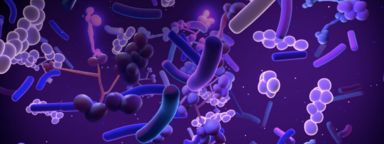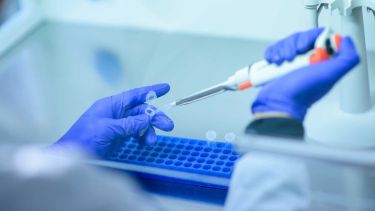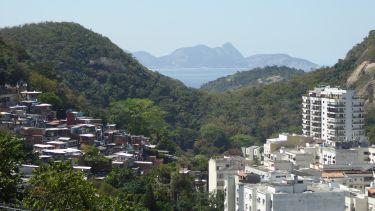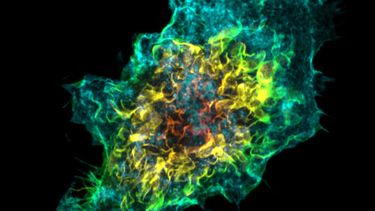
Florey Institute of Infection
We are committed to understanding infectious disease at every level of human interaction to improve health outcomes around the world.
About us
Established in 2012, we take a novel holistic approach to accelerate research and medical practice into the diagnosis, causes, prevention and treatment of infectious diseases and antimicrobial resistance (AMR).
Our mission
We are cross-faculty, multi-disciplinary, research-led and inclusive. We are strongly committed to taking an integrated approach to the prevention and treatment of pathogenic microorganisms to improve human health.
Our people
We comprise a wide range of expert academic and clinical colleagues from across the University of Sheffield and the NHS.







